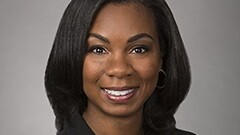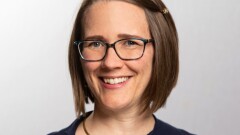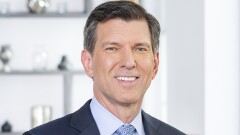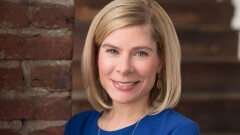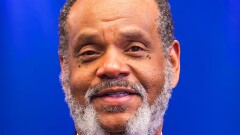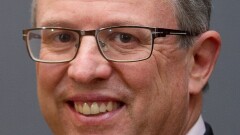Accountants are constantly navigating new waves of change, but what would accounting's most influential choose to change about the profession?
We asked the Top 100 Most Influential People to share what they would adjust or transform in their field, and the responses ranged from education to branding to diversity, and everything in between.
Below, a selection of the thoughtful ideas that sprouted from our question: "What is one thing you would like to change about the accounting profession?"
(To see the full responses of all the candidates for the Top 100, click











